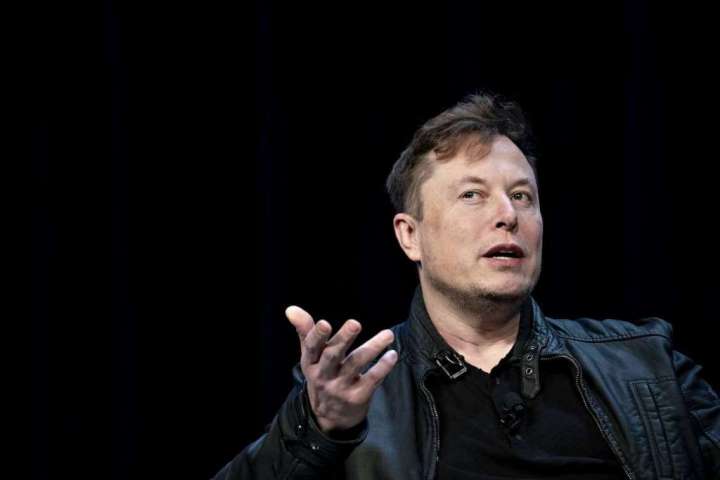Elon Musk is not just your garden-variety weird billionaire; he extends a weapons-grade weirdness field around him that makes everything he touches turn weird, too. Case in point, the Twitter acquisition — which Musk announced this weekend he’s walking away from.
Is there a method behind Musk’s Twitter-deal weirdness?

The sudden obsession with bots strikes most knowledgeable observers as an obviously pretextual excuse to cancel the merger, or at least to renegotiate its price now that the stock market has tanked. But this is really not that much less weird. Chancery judges are not very fond of BS excuses, nor of people who whimsically offer to buy a company, then try to get out of it with the legal equivalent of a text reading LOL JK hahahahah. They can, and probably will, at least make him pay the deal’s $1 billion breakup fee. They might force him to pony up $44 billion to buy the company as promised.
But then we get to the truly weird thing: If Musk can get out of this for $1 billion (plus hefty lawyer’s fees), he’ll probably end up making money on the debacle.
Follow Megan McArdle‘s opinions
FollowMusk may be the richest guy in the world, but most of his net worth consists of Tesla stock and stock options. If you’re a Tesla shareholder, that’s exactly how you want it, because your interests and his are tightly aligned. But if you’re Musk’s financial adviser — or, you know, Musk himself — you would probably like a little insurance, in the form of other investments, in case this whole electric car thing doesn’t work out.
Unfortunately, it’s somewhat difficult for a CEO in that situation to do the obvious thing: selling some of his company’s stock to buy other stocks. When you’re the richest guy in the world, you need to sell quite a lot of stock just to diversify a fraction of your net worth. Selling that big a chunk of one stock will saturate the market and make the price fall, so all your other shares will be worth less — particularly after people start asking themselves why Tesla’s CEO doesn’t want his shares.
It has recently become urgent that Musk solve this problem, because in 2012, he was awarded nearly 23 million Tesla stock options that will expire this August. He has presumably been sitting on them to put off paying taxes on them, but he has reached the “use it or lose it” point. Might that explain why Musk has started manufacturing what seem like excuses to sell stock?
In November, Musk offered his followers a Twitter poll. “Much is made lately of unrealized gains being a means of tax avoidance,” read the question, “so I propose selling 10% of my Tesla stock. Do you support this?” The ayes had it, 58 to 42 percent, and Musk sold $5 billion worth of shares a few days later.
On the one hand this was a very Muskian troll of Democratic legislators who have lately taken to proposing impractical and destructive plans to tax unrealized capital gains. On the other, it was a great excuse to sell shares. Now when people asked why Musk was divesting, instead of saying “because I want to have something to fall back on if Tesla underperforms,” he could say “because I am a wild and crazy guy who likes to troll libs on Twitter.”
Now, in a rational world, “I love trolling more than my company” should probably make you less bullish on the future of Tesla, but here on Earth Prime, the lib-trolling is one reason his most avid fans love him, and the company he runs. This barely caused a hiccup in the stock.
In April, Musk sold another $8.4 billion as he raised funds for the Ultimate Troll: buying Twitter itself. Between then and now, the stock market has swooned, and the value of Tesla has declined by more than a quarter. In other words, if Musk had held onto those shares, he’d have about $6 billion worth of stock. Instead, he got $8.4 billion worth of cash. Even if he gives $1 billion of that to Twitter, he’s still more than a billion dollars to the good.
Musk couldn’t have known he was selling close to the peak, of course; the timing was fortuitous. But it’s nonetheless excellent reason for a judge to force Musk to go through with it. Otherwise, his good fortune will become legend and encourage more frivolous deals.
Things are weird enough already in the market. We don’t need to give anyone encouragement to make them worse.






